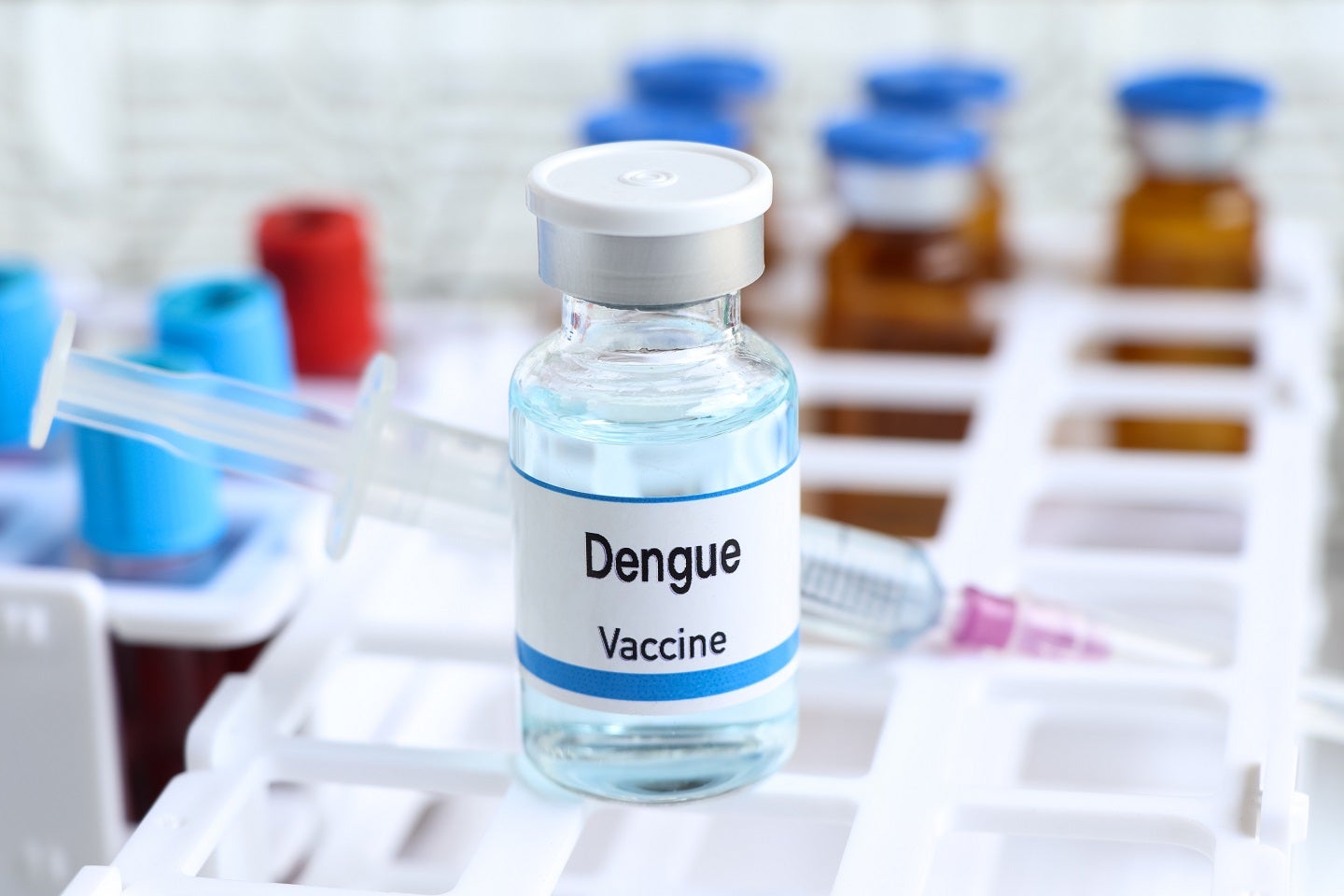The US Centers for Disease Control and Prevention (CDC) Health Alert Network issued an advisory on 25 June, regarding an increased risk of dengue virus (DENV). The advisory notes that 2024 has had the highest incidence of DENV on record and that many countries—including the US—are reporting higher-than-usual caseloads. According to ARBONET, an arboviral surveillance programme from the CDC, DENV cases are high in New York and New Jersey.
From 1 January to 24 June, there were 143 confirmed cases of dengue in New York (NY) and 41 in New Jersey (NJ). This is in line with a steady increase in DENV cases, already surpassing 87 cases in NY and 35 cases in NJ in 2022, and on track to match 253 cases in NY and 90 cases in NJ in 2023. The location of these cases is notable because DENV generally transmits in hotter southerly states such as Florida and Texas. Indeed, Puerto Rico has declared a public health emergency due to 1,498 cases of DENV this year. A high caseload as far north as NY suggests migration of the virus, the mosquito vector, or both.
DENV is an arbovirus (arthropod-borne) that is transmitted by Aedes mosquitoes. There are four types of dengue virus, and infection with one confers long-term immunity. However, subsequent infections of two different dengue viruses cause a phenomenon known as antibody-dependent enhancement (ADE), which can cause severe disease. Symptoms develop in one of four cases of DENV, and one of 20 symptomatic cases becomes severe. Known as “breakbone fever,” dengue manifests as joint pain, bone pain, headache, nausea, vomiting, muscle ache, rash, and other nonspecific symptoms. Severe DENV symptoms include shock, respiratory distress, and severe bleeding.
Maps published by the CDC in 2017 indicate that Aedes albopictus, but not Aedes aegypti, are potentially found in NY and NJ. Aedes albopictus are less likely than Aedes aegypti to transmit DENV, but this data may have changed in the context of increasing global temperature. It is most likely that many cases in NY and NJ were initially from travel, considering a reported 745 cases of DENV from travellers in 2024. Dengue virus has been a rare occurrence in the US relative to countries such as Mexico. In 2023, GlobalData epidemiologists predicted over 70,000 cases of dengue virus in Mexico, and that number is likely to rise in coming years. DENV and other arboviruses can be prevented by efforts to reduce mosquito bites. These include emptying still water reservoirs such as bird baths and old tyres, installing window screens, wearing loose pants and long sleeves, and using insect repellent.

US Tariffs are shifting - will you react or anticipate?
Don’t let policy changes catch you off guard. Stay proactive with real-time data and expert analysis.
By GlobalData





